A new policy puts athletes in jeopardy in more than one way
Athletes and non-varsity students alike were outraged this week over new sanctions that mandate especially harsh penalties for student-athletes caught drinking or using drugs.
The new policy only affects athletes, but that means more than 20% of the campus population potentially faces the loss of scholarships and financial aid in addition to suspensions from practices and games if found using alcohol or drugs.
A major concern is the now negated Good Samaritan policy for athletes. Prior to the new sanctions, punishments did not apply to students and athletes who called for medical assistance. Critics say that as a result, athletes might hesitate before calling for medical assistance, which in turn may lead to potentially fatal consequences.
The lack of this safety measure concerns new President Alison Byerly, who called the Good Samaritan policy “an important dimension.”
“I feel like the Athletic Department could have gone about it in a different way,” said Tim Shaw, a senior track captain and member of the Senior Athlete Representatives appealing the new sanctions on behalf of all athletes. “The current changes are very harsh and are very broadly stated.”
The Senior Athletes Representatives, elected by fellow athletes, are Shaw, Lindsay Yang ‘14 and Brendan Gover ‘14. Along with Student Government President Michael Prisco ‘14, the representatives have sent a letter to Director of Athletics Bruce McCutcheon protesting the severity of the new sanctions. The four plan to meet with him and Senior Associate Athletic Director Kaity McKittrick today to discuss the issue further.
The policy was formulated with no student input.
“[The meeting] will be to discuss overall concerns with the policy and see where [McCutcheon] is willing to give on it,” Prisco said. “This is a great idea, but how do we rework this policy to make it more fair to us?”
The new rules were announced on September 5 in a meeting with surprised student athletes in the Simon Center for Economics and Business. Upon the meeting’s conclusion, student athletes were required to sign acknowledgement that they received an updated copy of the sanctions. An email from McCutcheon to all athletes was sent the day before detailing the changes.
The sanctions were drafted and finalized over the past three weeks. Following Labor Day weekend, McCutcheon met with coaches to inform them of the new change before meeting with the student-athletes.
McCutcheon said the policy changes were the result of a high number of incidents, but refused to provide data when asked how many student-athletes have been caught for alcohol or drug use.
“I’m not going to get into that part of it,” McCutcheon said.
Although McCutcheon would not provide numbers, students reported that at least nine athletes have been hospitalized in the two-week span before the sanctions were put in place.
“It was time we put sanctions in place that have teeth,” McCutcheon said. “Every choice has a consequence and that consequence can be positive or negative.”
Students agree.
“Everyone can agree that something has to change and something is necessary,” Prisco said.
“I feel that there was a strong necessity to make changes to the previous policy, because clearly it wasn’t doing anything to prevent athletes from being conscious of their drinking habits,” Shaw said.
But he added, “The athletic department had every right to make the changes, and personally, I’m glad they did because there were way too many hospitalizations.”
The letter from the representatives and Prisco was sent to McCutcheon prior to today’s meeting, outlining concerns voiced by the student-athlete population as well as proposed alterations and additions to the policy. A draft of the letter is printed in full on this page. The finalized version was not available at press time.
“It is with deep regrets…that we write to you to explain our reasoning for being unable to fully support the policy as stands,” the letter reads. “Our intention with the process is to introduce some widespread concerns with the policy overall.”
The punishment for a student-athlete who already has two prior drinking or drug violations is a question that remains unanswered, causing much confusion. The retroactive aspect of the policy for students who have prior offenses has sparked additional frustration.
“It doesn’t really make much sense to me,” Prisco said. “Why aren’t you suspended now if you’re going to work that level of punishments?”
By no means are the sanctions final.
“I think it’s very likely that there will be further revisions,” Byerly said. “I will say that there’s continued discussion about the policy… what was first released to the athletes and what has been talked about is kind of an evolving discussion.”





















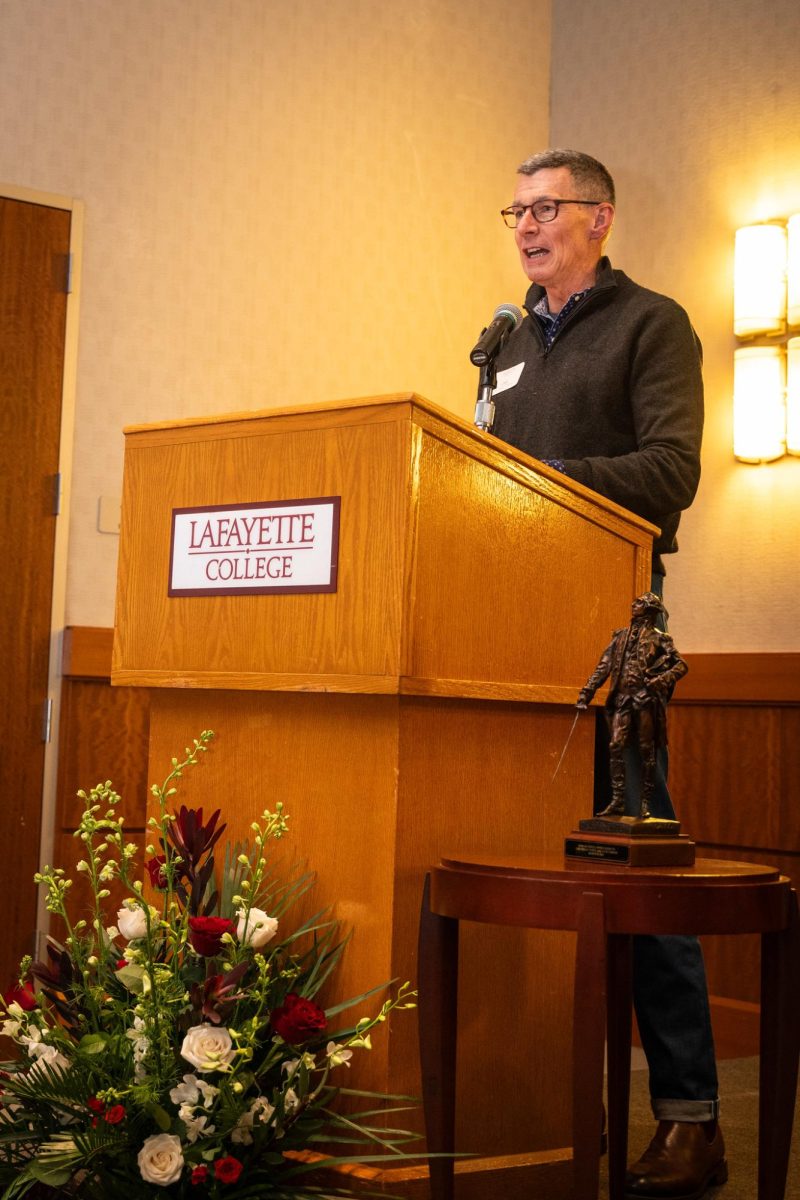
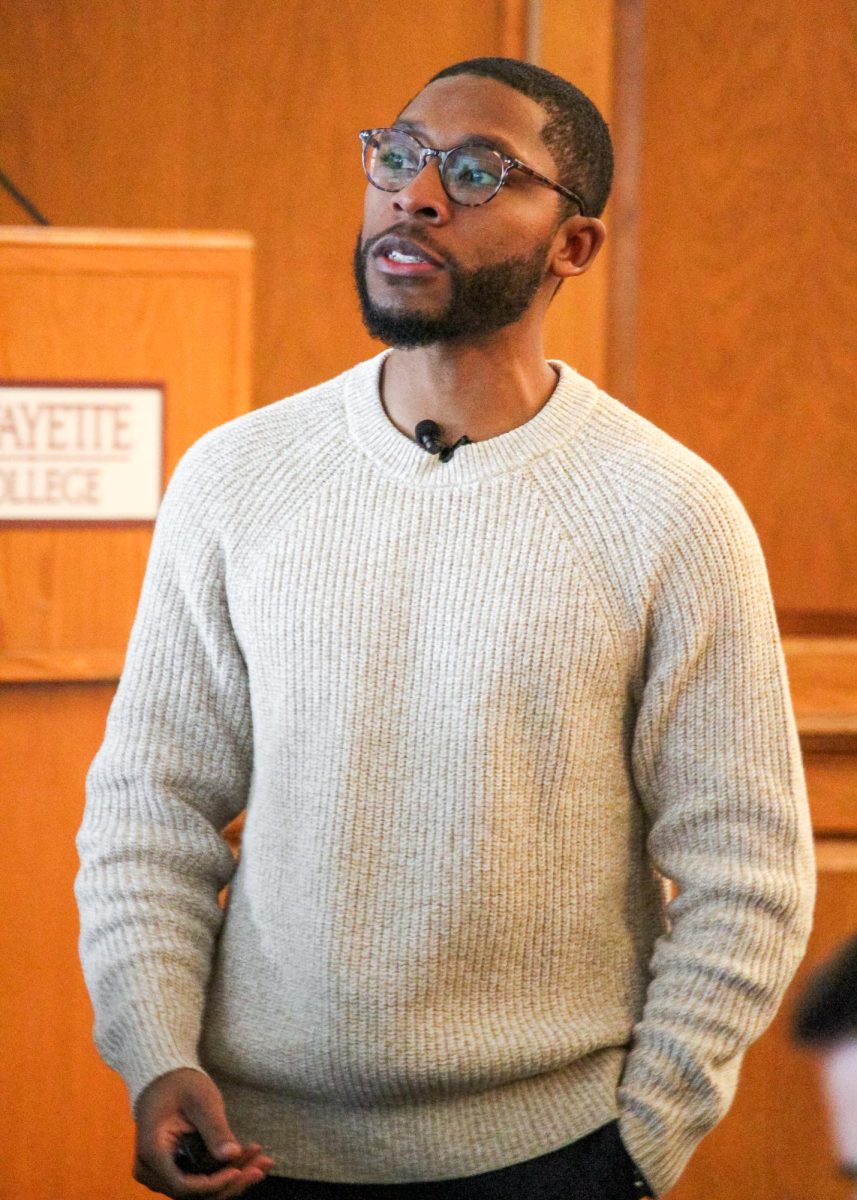
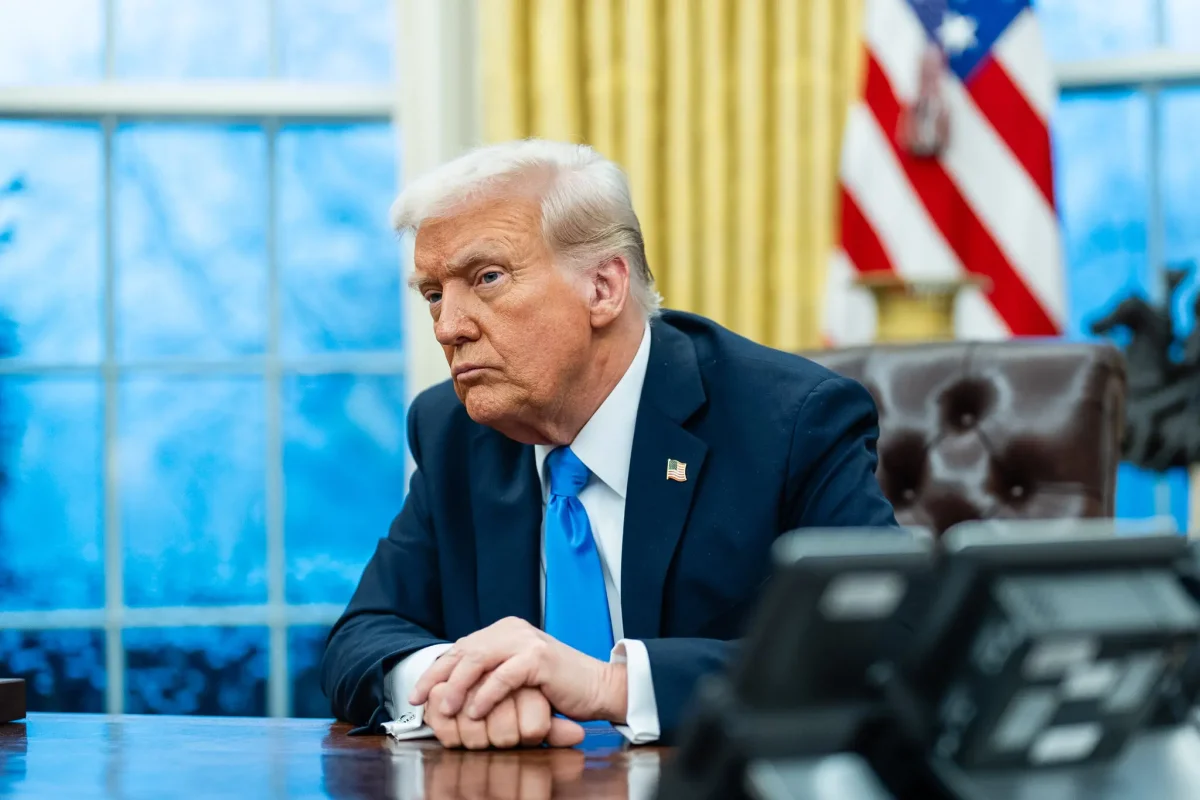

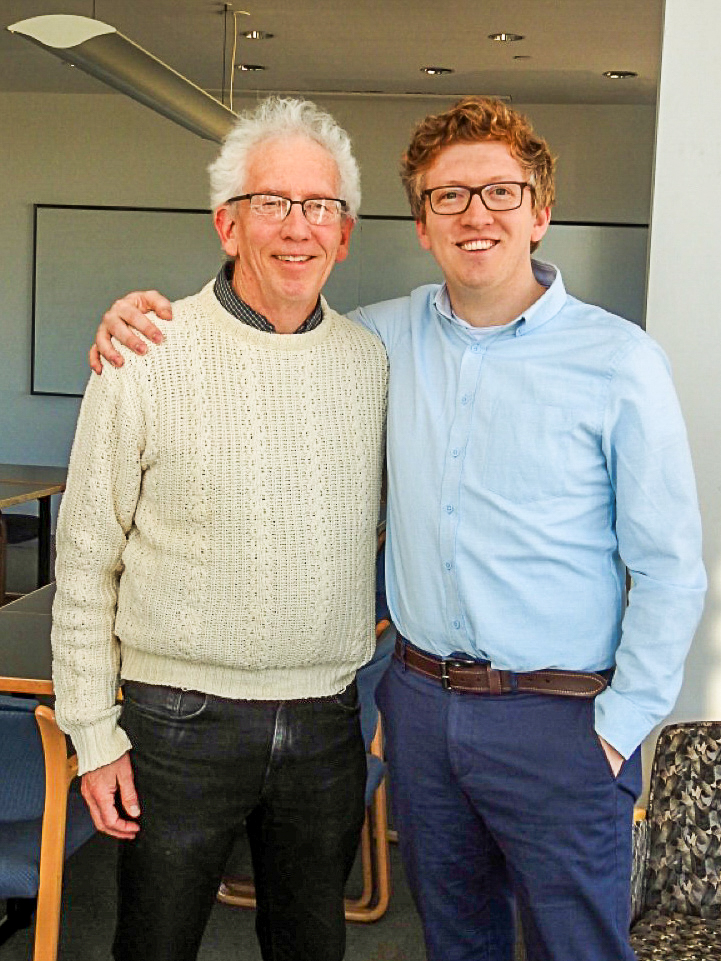
































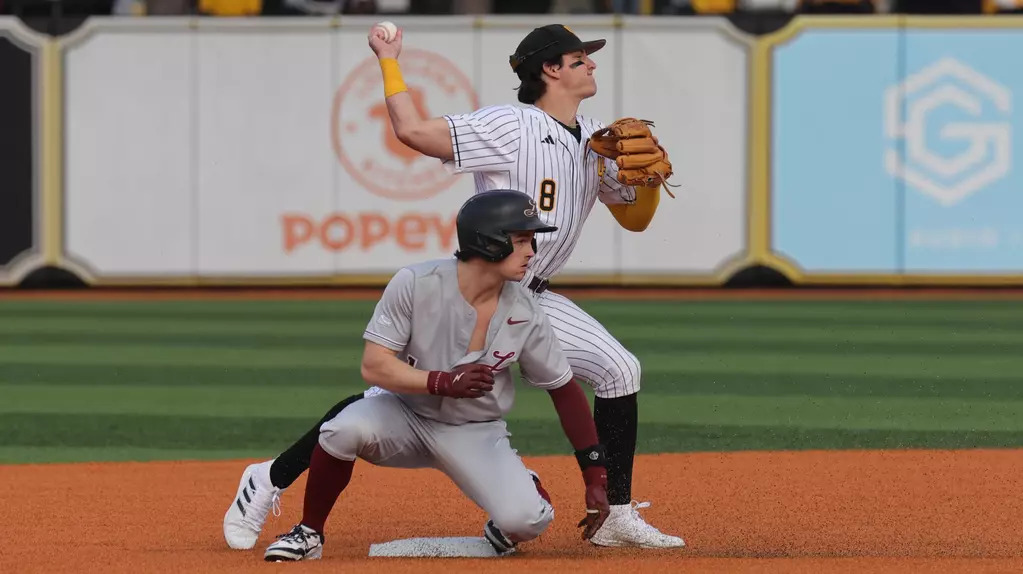






















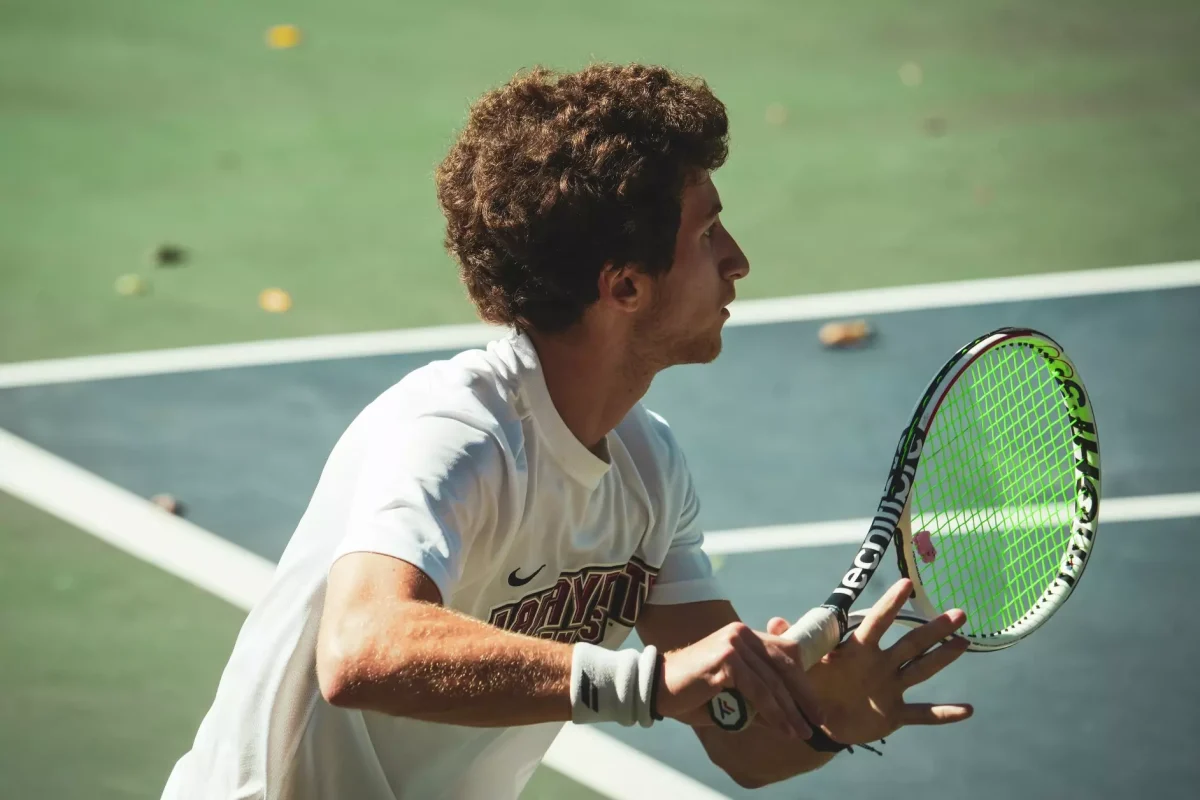























William Rappolt '67 • Sep 20, 2013 at 10:09 am
The elimination of the good samaritan policy for athletes is putting some student athletes at risk was not not well thought out by the athletic administration.
I makes one wonder how this policy among others was conceived and formulated. Any policy or action that ignores the health and safety of our students should not be ratified.
I am pleased that President Byerly has stepped in and seems to recognize the dangers. I hope future actions will be more carefully considered and not recklessly implemented.
Go Pards!!
R • Sep 13, 2013 at 5:35 pm
I acknowledge that Millennials have difficulty with consequences for negative behavior. You’ve been unable to control yourselves so now the adults who are supervising you will do so. You’re receiving money to perform but aren’t. No different in the working world.